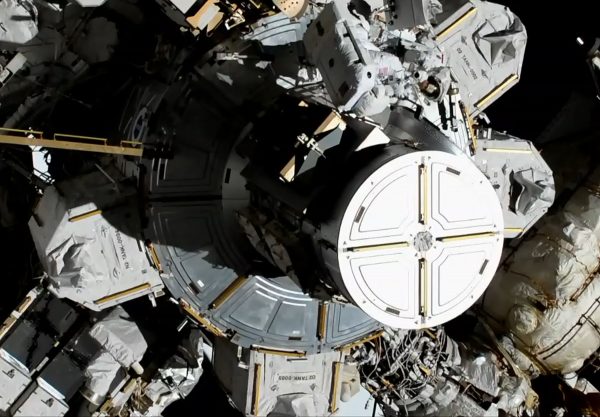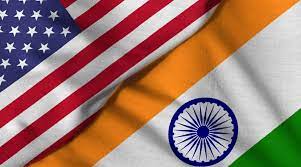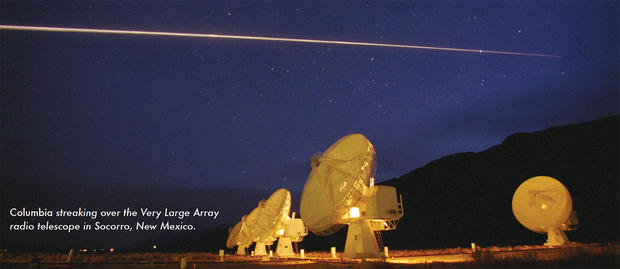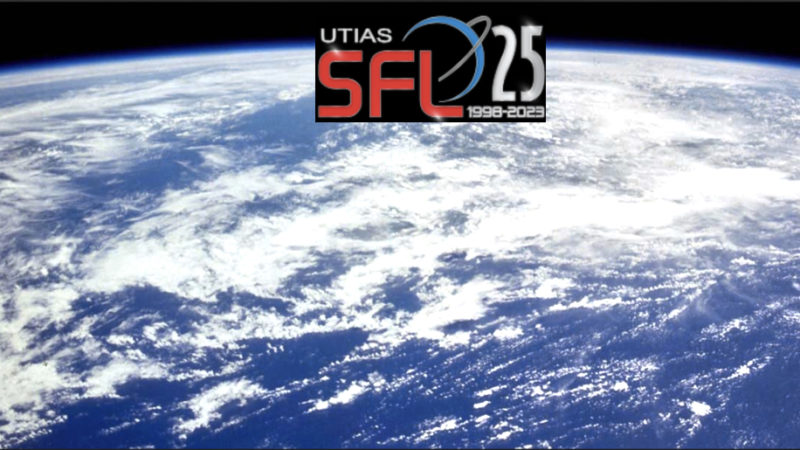Astronaut Suffering Blood Clot on Space Station Saved by Doctor in North Carolina – PEOPLE.com
Dr. Stephan Moll of the University of North Carolina recently helped save a patient suffering from a blood clot. While that may be par for the course for most doctors, what made this case unique was that Moll’s patient was 250 miles above Earth.
According to WRAL, the professor of medicine was contacted by NASA when an astronaut aboard the International Space Station was diagnosed with a blood clot in his jugular vein. Moll, who has published multiple studies on blood clots, was at the school when the unexpected call came in.
“So I picked up the phone, and NASA was on the phone and said it was urgent,” he recalled to the news station.
“It was surprising, it was an honor,” Moll added. “I was curious to see where that would lead.”
The agency had never experienced a blood clot problem in space before and had no protocol on how to deal with one, WRAL reported.
“So all the decisions that had to be made were best guesses,” Moll said.
The professor worked with a team of NASA doctors to devise a spur-of-the-moment treatment for the astronaut, whose name was not publicized for privacy reasons.
Astronauts performing a spacewalk outside of the International Space Station
NASA HANDOUT/EPA-EFE/Shutterstock
RELATED: Former British Astronaut Says ‘Aliens Exist’ and Could Already Be Living on Earth
The team worried that if they didn’t find a solution quickly, the clot could spread to the astronaut’s lungs or brains.
While blood clots are usually treated with anticoagulants, according to Cleveland Clinic, Moll was unsure if the medication would work the same in space.
“I needed to weigh the risk-benefit of starting a blood thinner or not starting a blood thinner,” he recalled.
Fortunately, the space station had blood thinners on hand. While they only had a small supply, it was enough to get the job done.
Earth from space
NASA/AP/Shutterstock
While he wasn’t able to visit space to tend to his patient, Moll was treated to a phone call from the grateful astronaut.
“My wife picked up and it was from the International Space Station, and she handed the phone to me and said, ‘There is someone from outer space who wants to talk to you,’” Moll told WRAL. “The connection was incredibly good. It was actually without any delay. This is amazing because the ISS moves at 17-18,000 miles an hour.”
The astronaut has since returned to Earth and has recovered.







